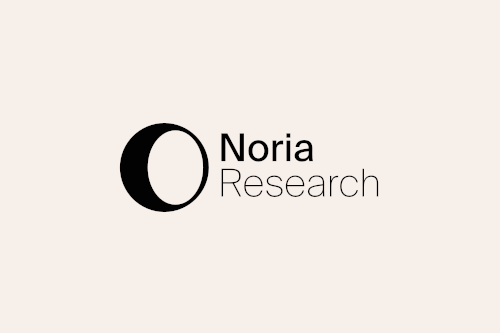October 2022
JEAN-FRANCOIS PEROUSE
The ‘Kanal İstanbul’ project is a hyperbolic symptom of the political, geopolitical and economic dynamics characterizing the long end of the Erdoğan regime.
‘Kanal İstanbul’ is a multilayered project: an artificial waterway, with various facilities and real estate programmes, justified by the risks that international maritime traffic would pose to the metropolis and the need to strengthen Istanbul’s position in the international trade system.
In fact, the project consecrates a metropolitan sprawl and opens up new horizons for real estate speculation. The extreme politicization of this question is quite inevitable, between the central power of the AKP, which intends to make it a symbol of the power of the ‘New Turkey’, and, on the other hand, the new mayor of the Istanbul Metropolitan Municipality, who sees it as an illustration of the excesses of the current
regime.
The debate on the Montreux Convention, 85 years after its signature, resonates at the domestic and international levels. And if the megaproject sounds like a challenge to the international rules set in the aftermath of the First World War, the implications of opening a competing canal to the Bosphorus remain largely unknown and subject to much speculation.

